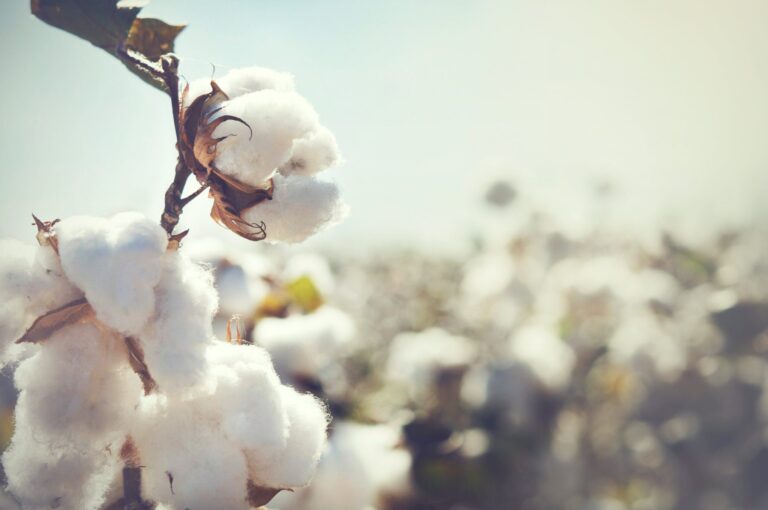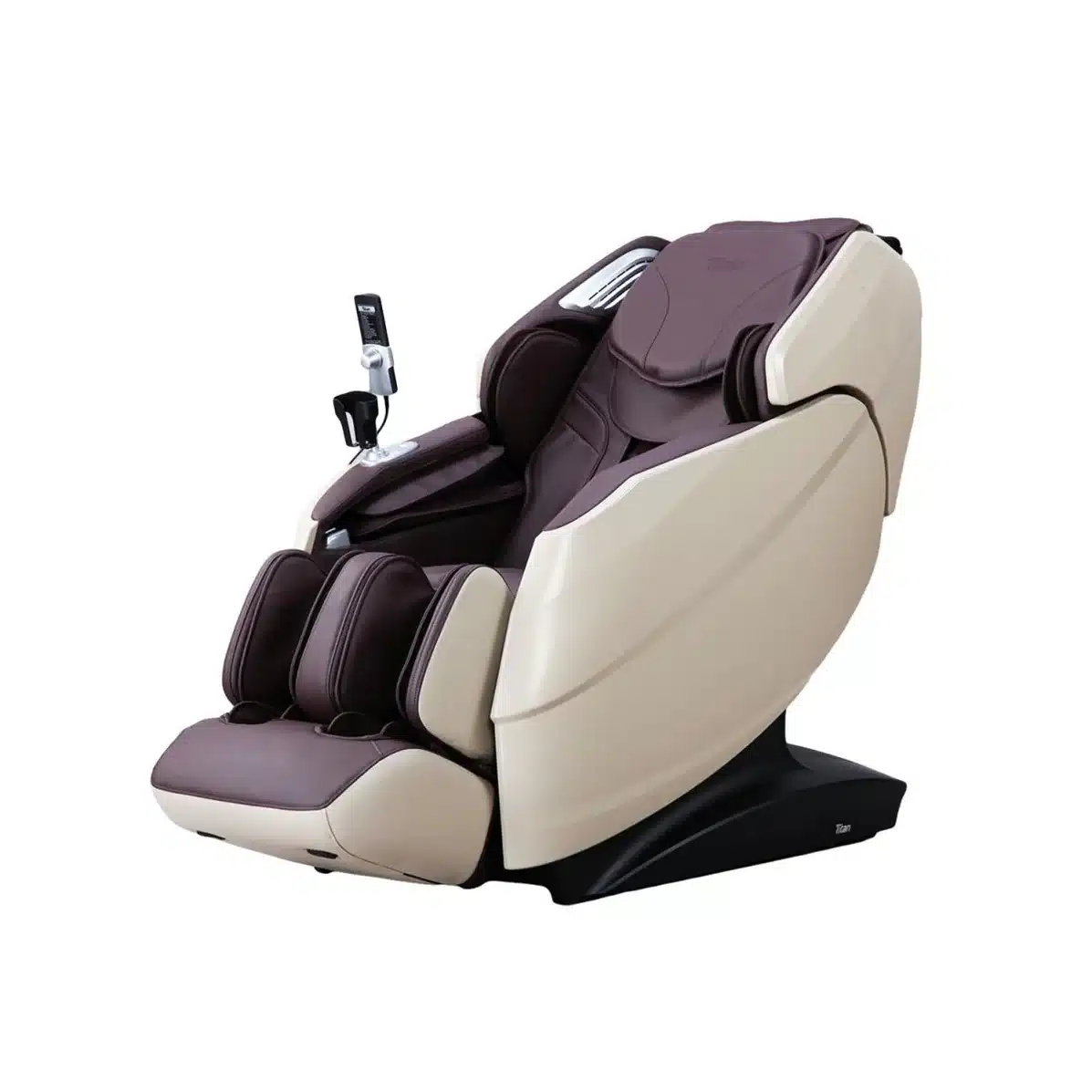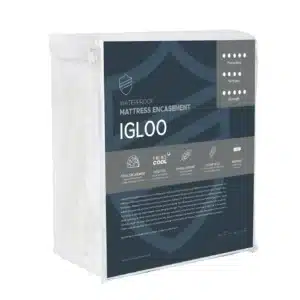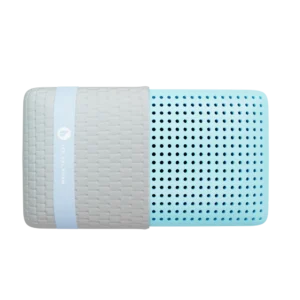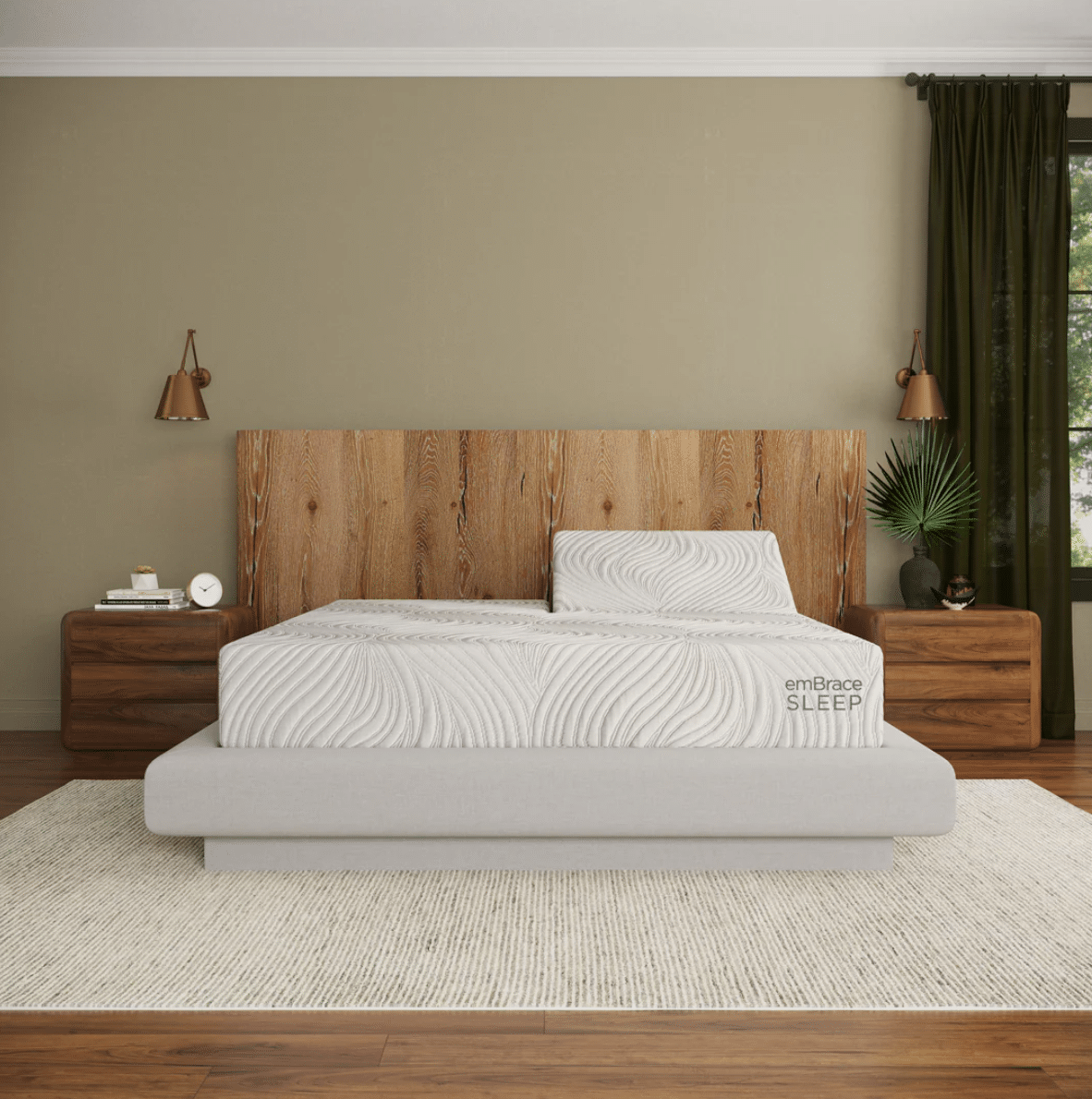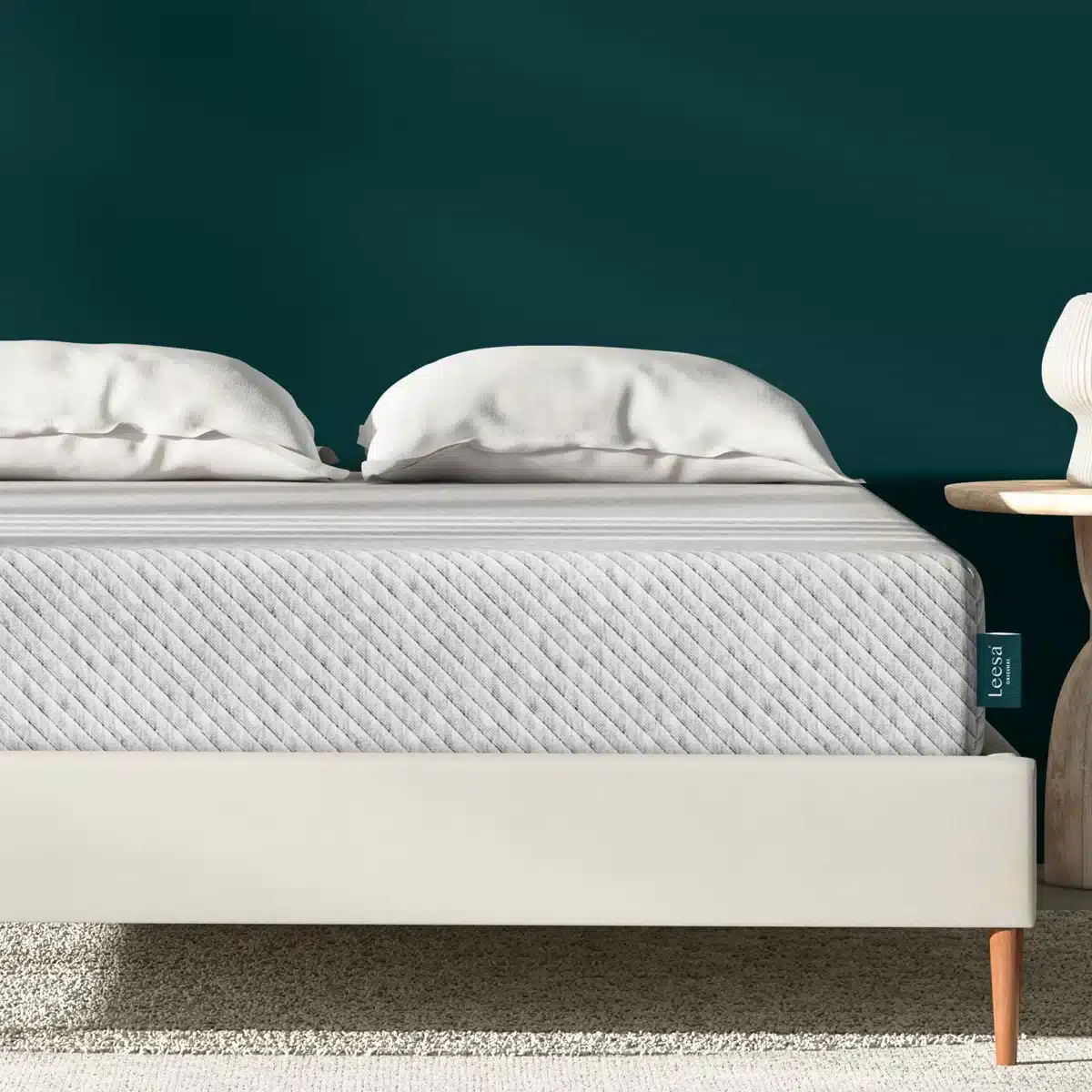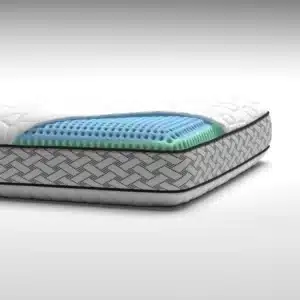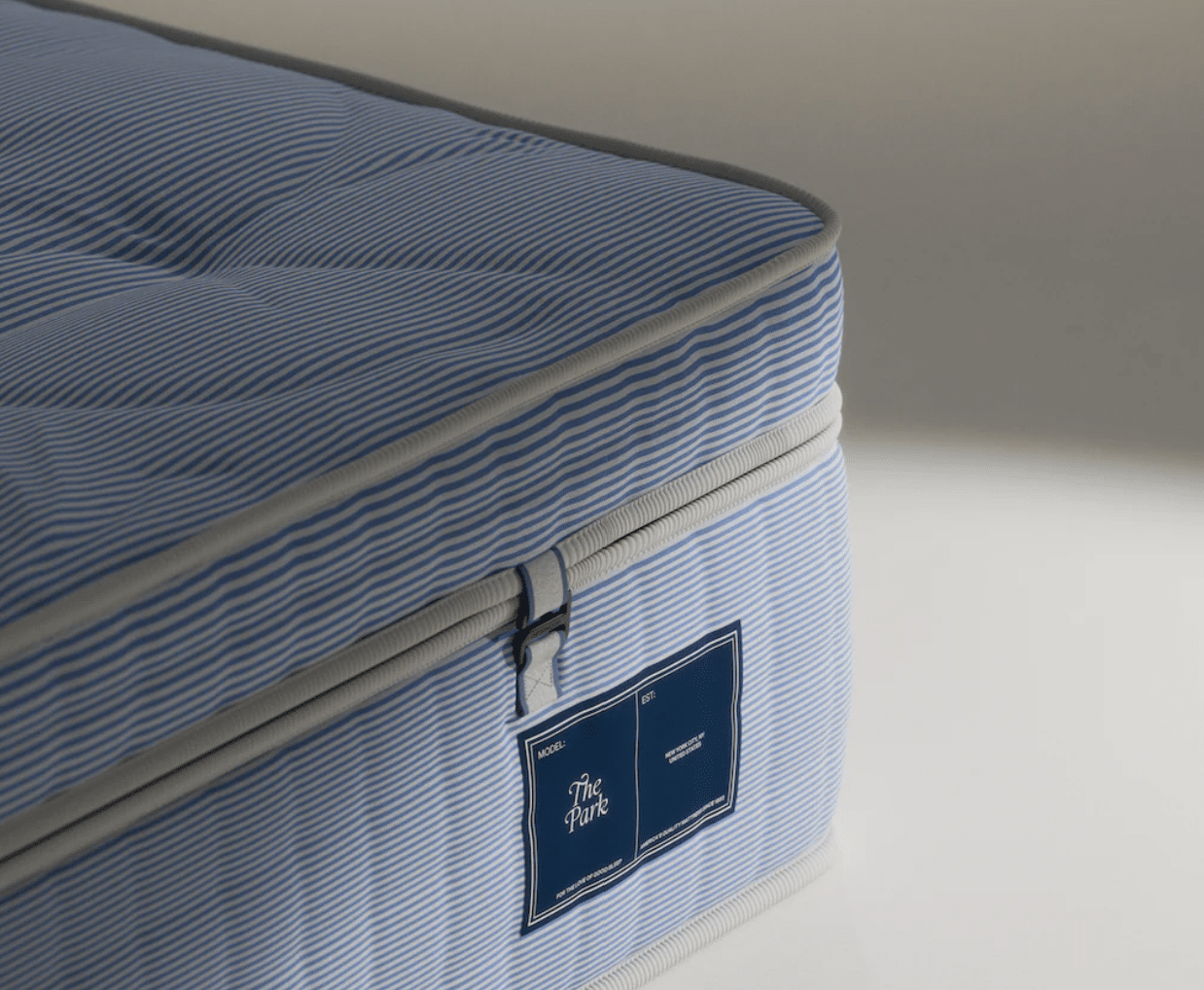Egyptian cotton has a stellar reputation, and for good reason — for generations, true Egyptian cotton has produced the softest and most luxurious bed sheets. Unfortunately, the industry has been plagued by deceptive marketing in recent years, making it difficult for consumers to determine which sheets are true Egyptian and which are low-quality imitations. Worse yet, much of today’s Egyptian cotton is produced at massive farms that use synthetic fertilizers, pesticides, and a variety of other harmful products. Often, the end result is an inferior product that takes a huge toll on Mother Nature.
Egyptian Cotton vs. Organic Cotton
Egyptian cotton has long been thought of as the gold standard for cotton sheets. But while it is associated with high thread counts and exceptional comfort, it can be difficult to define, particularly given the wide array of products that claim to be authentic Egyptian cotton.
At its base level, Egyptian cotton refers to any cotton produced in Egypt. Genetic differences in this type of cotton produce a longer and stronger fiber, which allows for a higher thread count in the same surface area, and ultimately, softer and more breathable material. However, because the term “Egyptian” primarily refers to the region in which the cotton is produced, it can refer to a surprisingly varied range of cotton products. Technically, Egyptian cotton can be organic, but it is difficult to determine whether cotton from this region is truly organic. Because Supima is produced in the United States, its organic claims are easier to verify.
To be classified as organic, cotton must be produced free of all synthetic pesticides and fertilizers. Instead of prompting growth with synthetic fertilizer, organic cotton producers use sustainable techniques, including crop rotation and manure-based fertilizer. Organic cotton must also be produced completely free of genetic modification.
Consider Organic Cotton: Top Benefits
Good for personal hygiene, environmental health, and your wallet, organic cotton offers a variety of advantages not found in Egyptian cotton. Detailed below are a just a few of the many benefits organic cotton provides:
Reliable Classification System
Although there are instances of producers wrongly trying to pass cotton off as organic, most abide by the rigorous standards set by the USDA’s National Organic Program. Egyptian cotton has fallen out of favor lately, in part because it is so difficult to determine whether cotton actually qualifies for this distinction. Target caught a lot of flak for this, eventually having to issue millions in refunds after an internal investigation found that two styles of Welspun sheets were not genuine Egyptian cotton.
Superior Quality
The average person spends at least a quarter of their lives in bed, so it’s only appropriate for that time to be spent with high-quality materials that offer the ultimate in personal comfort. Organic cotton is notoriously comfortable, largely because it lacks synthetic fibers. Cotton’s natural moisture-absorbing abilities allow for a dryer, more comfortable night’s sleep, free of perspiration.
Better for Sensitive Skin
Even high-quality Egyptian cotton can lead to breakouts, hives, and other problems for those with sensitive skin. These reactions may be caused by dyes containing heavy metals or, in some cases, harsh cleansers used to remove seeds picked up by cotton harvesting machines.
Better for the Environment
In addition to prompting improved personal health, organic cotton improves the planet’s environmental health. Standard cotton farming and harvesting practices are shockingly harmful, primarily because conventional growers overuse synthetic fertilizers and insecticides. The Rodale Institute reports that, despite covering just 2.5 percent of the world’s cultivated land, cotton is responsible for 16 percent of total pesticide usage. Aldicarb — one of the cotton industry’s most frequently used pesticides — is acutely poisonous and therefore in the midst of an EPA phase out.
Organic Cotton: Affordable Solutions
Organic cotton is a worthwhile investment, but it doesn’t have to be expensive. Even luxury organic options can be far more affordable than real Egyptian cotton sheets — for which the average consumer pays a premium. Affordable options are abundant at Sol Organics, an organic and fair trade company that aims to take sustainable sheets mainstream. Sol Organics offers the high quality consumers have come to expect from organic cotton sheets, along with a reasonable price point made possible by streamlined warehousing and packaging practices.
Organic Cotton’s Eco-Friendly Future
As they shop for cotton sheets, consumers are increasingly thinking not only of their wallets and bedroom esthetics, but also of environmental concerns. Many have come to see the value of organic products beyond the kitchen — and many recognize that organic cotton is healthier, more comfortable, and better for the environment. Egyptian cotton may have a long history of luxury, but organic cotton is the cotton of the future.
Source
https://www.goodhousekeeping.com/life/news/a40085/target-refunds-fake-egyptian-cotton-sheets/
https://rodaleinstitute.org/chemical-cotton/


